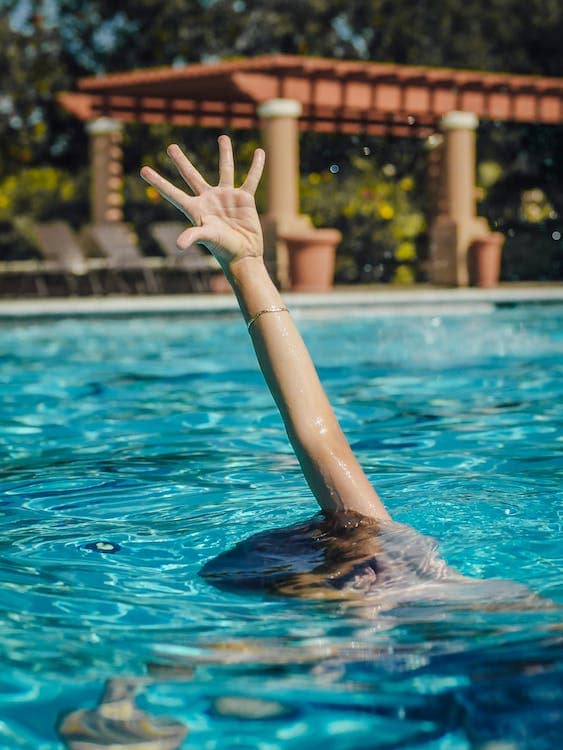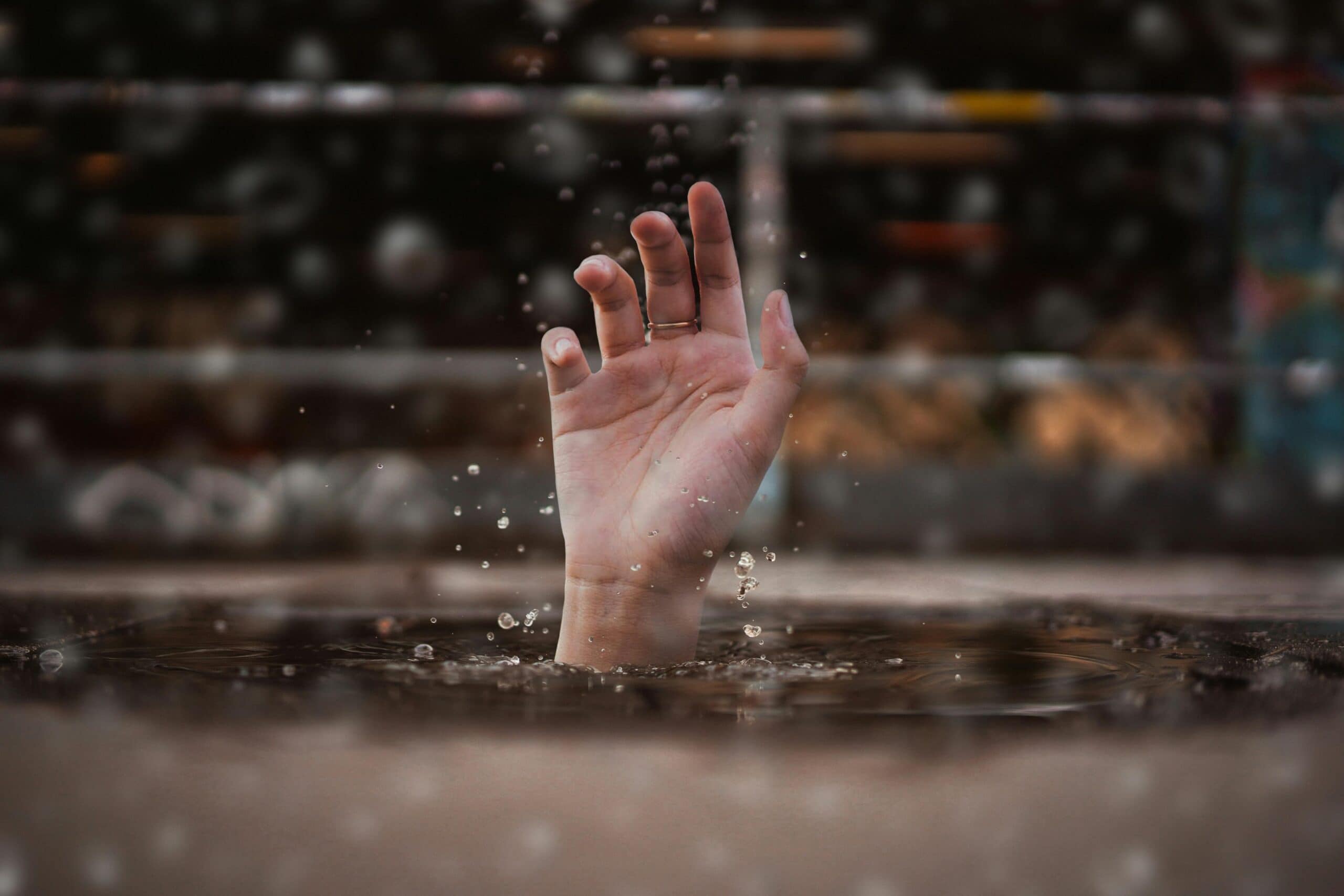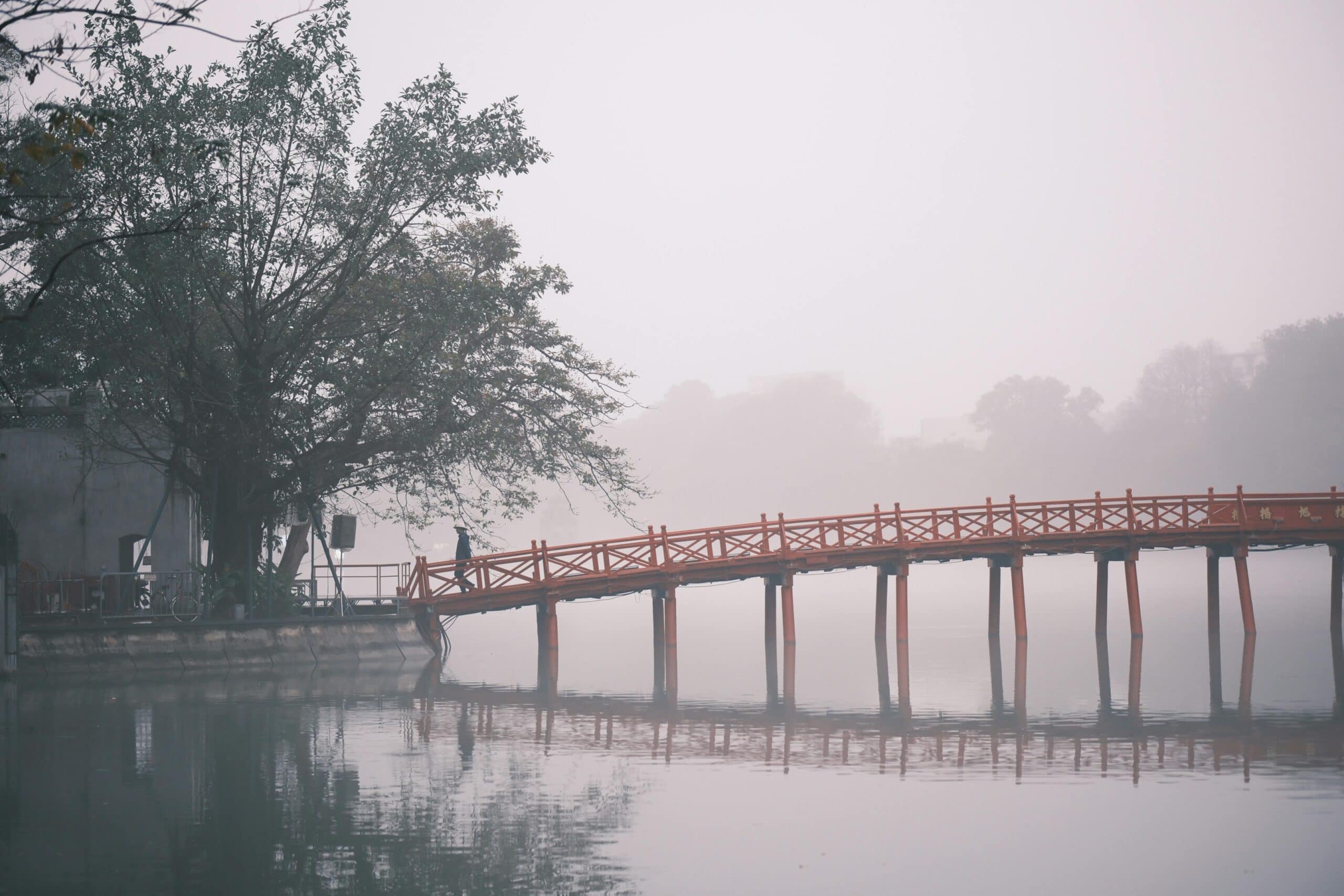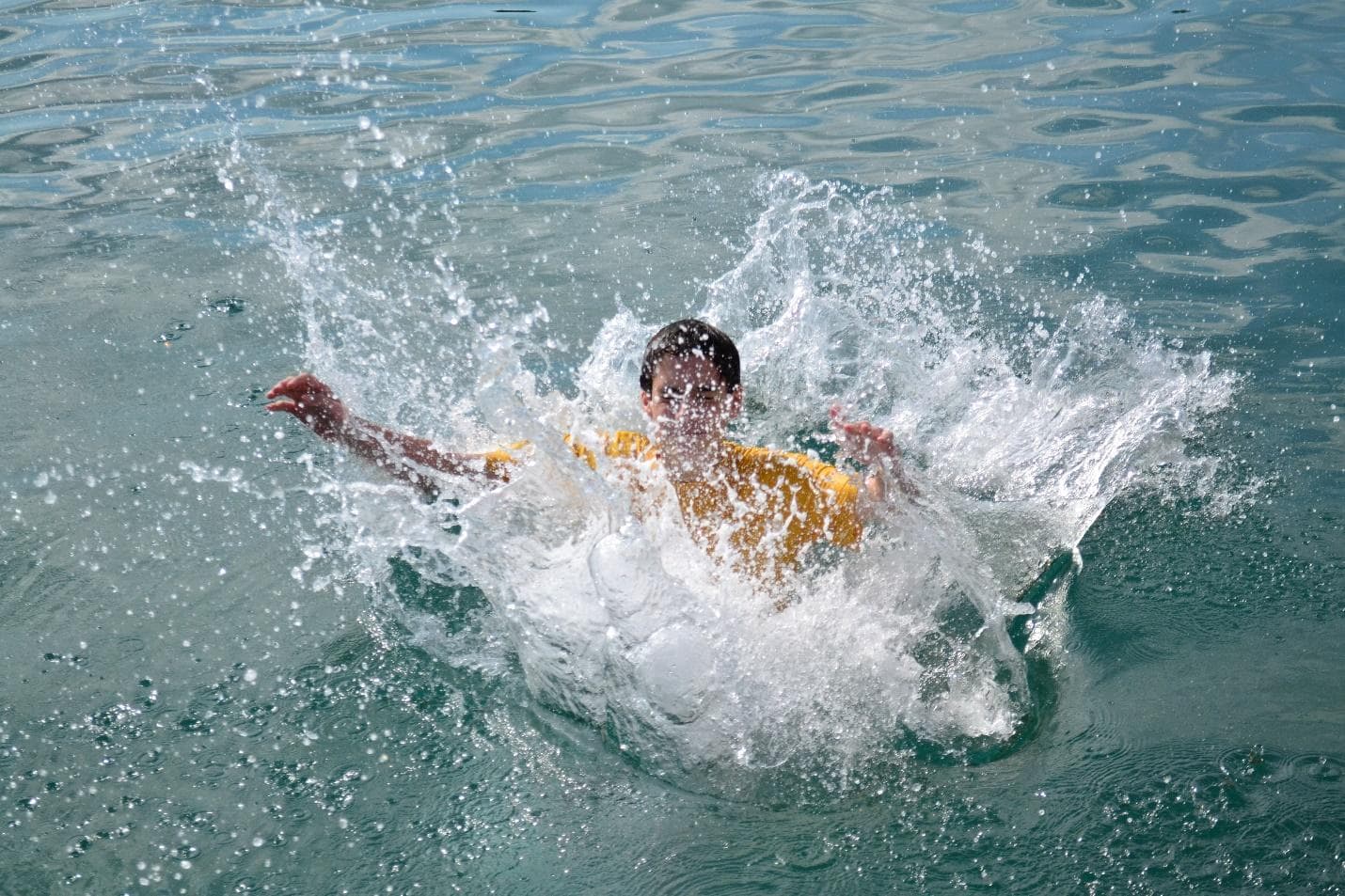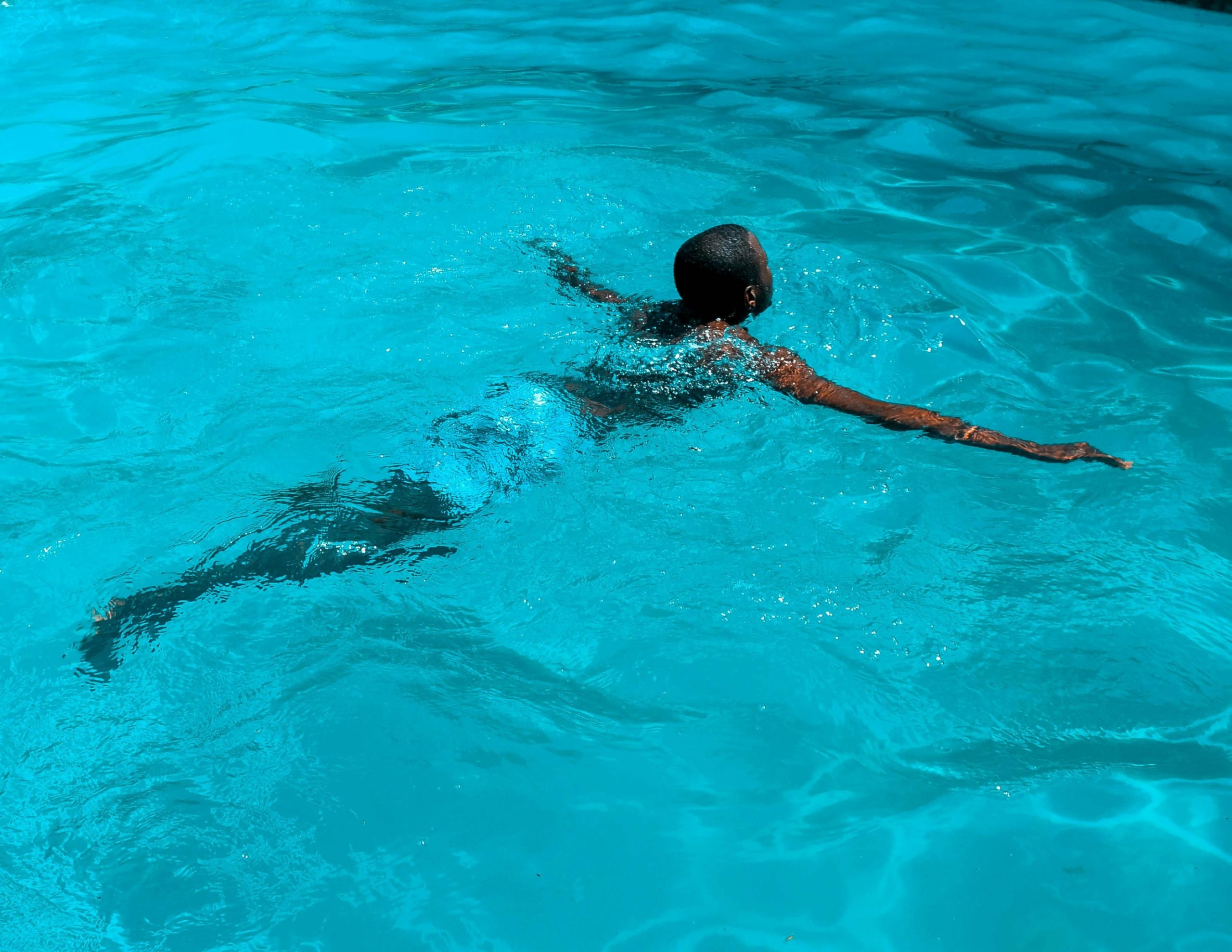
There is a peculiar stillness that surrounds a water body, an almost serene quality that belies the invisible dangers lurking beneath the surface. When drowning accidents occur, this tranquil environment can become a scene of devastation. In Denver, as in the rest of the United States, drowning is the third leading cause of unintentional injury death. In this article, we aim to familiarize you with the complex issues surrounding liability in Colorado drowning accidents, offering clarity on the legal paths you can take when facing such a tragic event.
Understanding Premises Liability in Drowning Accidents
In the aftermath of a swimming pool accident or drowning in a public water body in Denver, the concept of premises liability plays a central role in determining who is legally responsible. Colorado law requires property owners—whether they operate a private pool or a public pool—to maintain their properties in a reasonably safe condition for visitors. They must ensure that the pool remains free from potential hazards that could lead to injuries or fatalities.
If unsafe conditions or negligence cause a drowning accident, the property owner may bear liability. Common causes of swimming pool accidents include:
- Faulty pool equipment such as broken drain covers, malfunctioning pumps, or inadequate filtration systems, which can lead to drowning accidents.
- Negligent supervision, especially in public pools where lifeguards are responsible for monitoring swimmers.
- Inadequate safety equipment, such as missing life vests or safety rings.
- Poorly maintained pools, including those without proper fencing or warning signs to prevent children from wandering into hazardous areas.
In premises liability cases, gathering evidence such as witness statements, photographs of the scene, and documentation of unsafe conditions is crucial.
By proving that the property owner failed to meet their duty of care, victims or their families can pursue legal claims for compensation.
The Role of Public Pool Operators in Liability
When a drowning accident occurs at a public pool, determining liability becomes more complex. Public pool operators must follow strict safety regulations. However, the legal framework for these facilities differs from that of private pools.
These operators adhere to state and local regulations concerning pool safety, cleanliness, and supervision. In Denver swimming pool accidents involving public pool operators, evaluating liability requires examining:
- Whether the public pool complied with Colorado pool safety regulations, including regular inspections, the presence of lifeguards, and the proper functioning of safety equipment.
- Whether negligent supervision or improper maintenance of the pool caused the accident.
Families pursuing a lawsuit must understand these nuances. Personal injury or drowning accident lawyers with expertise in public pool cases can address these complexities and fight for just compensation.
Types of Compensation Available in Drowning Accident Cases
After a drowning accident, victims and their families can actively pursue various forms of financial compensation through a legal claim. The type of compensation depends on the nature of the accident and the severity of injuries. Common types of damages include:
- Economic damages cover immediate financial losses, such as medical expenses, funeral expenses in cases of wrongful death, and lost wages due to the victim’s inability to work.
- Non-economic damages address intangible losses, such as pain and suffering or emotional trauma.
- Punitive damages may apply in cases of extreme negligence or gross misconduct, particularly if the pool owner or operator ignored safety guidelines or acted recklessly.
For instance, when a drowning accident results in brain injuries, the victim may require extensive medical care and rehabilitation, with these costs covered under medical expenses. If the accident causes the victim’s wrongful death, the family can seek compensation for funeral expenses, lost future earnings, and emotional pain.
The Importance of Gathering Evidence in Drowning Accident Cases
In any drowning accident case, evidence plays a pivotal role in determining liability. Whether it’s a swimming pool accident at a private residence or a public facility, gathering key evidence can strengthen your claim. This includes:
Witness statements: Eyewitness accounts can help establish what happened before, during, and after the drowning.
Medical records: Detailed documentation of the victim’s injuries and medical treatment is essential for proving the extent of harm and quantifying damages.
Safety records: If the accident occurred in a public pool, the safety records, such as inspection logs and lifeguard staffing schedules, can provide valuable insight into whether safety protocols were followed.
At Bourassa Law Group, we assist clients by meticulously gathering evidence to prove negligence and build a compelling case. Whether you are seeking compensation for a family member’s injury or pursuing a wrongful death case, having all relevant documentation is crucial for achieving a fair settlement.
Can You Sue the State for a Drowning in a River or Lake?
Pursuing a lawsuit against a public waterway managed by the state comes with unique challenges due to governmental immunity. This means the government can’t typically be sued unless their direct negligence caused the accident. However, there are exceptions where the state may be held liable. Here’s what you should know:
1. Governmental Immunity and Exceptions
Colorado’s Governmental Immunity Act (CGIA) protects state entities from lawsuits unless negligence falls under specific exceptions:
Negligent Maintenance: If unsafe conditions, such as poorly maintained access points or damaged infrastructure, contributed to the accident, the state might be liable.
Failure to Warn: Absence of signs for hazards like strong currents or sudden drop-offs can open the state to liability.
Gross Negligence: Immunity doesn’t apply if misconduct or disregard for known risks occurred.
2. Filing Against the State
Filing a claim against the state follows stricter guidelines:
Submit a formal notice of claim within 180 days of the incident.
Prove negligence through strong evidence, such as maintenance records or witness accounts.
3. Compensation Limits
Claims against the state have capped recoveries under CGIA:
$424,000 per individual
$1,195,000 total for all claimants per incident
Laws Protecting Victims in Drowning Accidents in Colorado
In Colorado, specific state laws provide victims with avenues for justice and compensation while enforcing safety standards to reduce the risk of such accidents. Below is an overview of key laws that may apply to drowning accidents in Colorado.
1. Premises Liability Law
Colorado’s premises liability laws hold property owners accountable for maintaining safe conditions on their property. Under this law, if unsafe conditions on someone else’s property cause injury or death, the property owner bears liability. For swimming pool accidents, this means pool owners must maintain equipment, install proper fencing, and ensure adequate supervision, particularly for minors.
Key Points: Property owners must exercise reasonable care to prevent injuries by addressing hazards or providing warnings.
Relevance to Drowning: Pool owners may face liability for drowning accidents if they fail to implement safety measures such as barriers or lifeguards.
2. Colorado’s Recreational Use Statute
This statute protects landowners when individuals use their land for recreational activities, including swimming. While it limits landowners’ liability for injuries during recreational activities, it does not shield them from responsibility in cases of gross negligence or willful misconduct.
Key Points: Landowners enjoy legal protection except in cases of serious negligence or intentional harm.
Relevance to Drowning: A landowner may face liability if negligent actions, such as failing to repair a broken pool gate, contribute to a drowning accident.
3. The Colorado Child Protection Act
This act sets rules to prevent accidents that could harm children, especially during water-related activities. It requires pools to meet safety standards, such as fencing to restrict access for young children.
Key Points: The law prioritizes child safety, particularly regarding drowning prevention.
Relevance to Drowning: Pool owners or operators may face liability if a child drowns in an improperly fenced or unsupervised pool, violating the Child Protection Act.
4. Colorado State Swimming Pool Regulations
The Colorado Department of Public Health and Environment (CDPHE) enforces rules for operating and maintaining public pools. These include standards for water quality, depth markers, safety signage, and equipment maintenance. Non-compliance may result in fines and liability for injuries or deaths.
Key Points: Pool operators must meet safety standards to ensure public safety.
Relevance to Drowning: Pool operators bear responsibility if poorly maintained equipment (e.g., faulty drain covers) or improper signage causes a drowning accident.
5. Negligence Laws
Under Colorado’s negligence laws, victims can pursue compensation for injuries or death caused by another person’s careless or reckless behavior. This includes negligent supervision, failure to maintain safety equipment, or failure to prevent foreseeable harm.
Key Points: Property owners or operators found negligent in pool maintenance may face liability.
Relevance to Drowning: Victims or their families can file personal injury or wrongful death lawsuits if negligence by a lifeguard or pool owner contributes to the drowning.
6. Colorado’s Wrongful Death Statute
When a drowning accident leads to death, Colorado’s wrongful death statute allows the victim’s family to file a lawsuit for damages. Compensation covers funeral expenses, lost wages, and emotional suffering caused by the death.
Key Points: Families can seek compensation for economic and emotional losses resulting from a death caused by negligence or unsafe conditions.
Relevance to Drowning: Families may pursue financial redress for medical and funeral expenses, lost support, and emotional trauma if pool owner negligence leads to a loved one’s drowning.
FAQ Section
Q1: Who is responsible for a drowning accident in a swimming pool?
A1: The responsibility for a drowning accident often lies with the pool owner or property owner, who must ensure that the swimming pool is safe for use. In cases of public pool accidents, the operator or local government may be held accountable for negligent supervision or maintenance issues.
Q2: What damages can I recover after a drowning accident?
A2: Victims of drowning accidents or their families can seek compensation for a range of damages, including medical expenses, funeral costs, pain and suffering, and lost wages. If the accident was caused by extreme negligence, punitive damages may also be awarded.
Q3: How long do I have to file a lawsuit for a drowning accident in Colorado?
A3: In Colorado, the statute of limitations for filing a wrongful death or personal injury claim is generally two years from the date of the accident.
Q4: What should I do if a loved one drowns in a swimming pool?
A4: If a loved one is involved in a drowning accident, immediately call 911 for medical assistance. Once the victim’s condition is stabilized, reach out to a Colorado personal injury attorney who can help you understand your legal options and begin gathering evidence for a potential lawsuit.
Seeking Legal Help
If you or a loved one is involved in a drowning accident, understanding the legal protections available is crucial for navigating the aftermath. Colorado’s legal framework ensures that victims are entitled to pursue justice and compensation, whether through personal injury lawsuits, wrongful death claims, or premises liability cases.
Consulting with an experienced personal injury or drowning accident attorney at Bourassa Law Group can help clarify the legal process, determine liability, and guide you toward recovering maximum compensation for your injuries or loss.
If you’re unsure where to begin or need help understanding your legal rights, reach out for a no obligation, free consultation. Our law firm specializes in swimming pool accidents and drownings in public waterways in Colorado.
Contact us today to start your journey towards justice.
